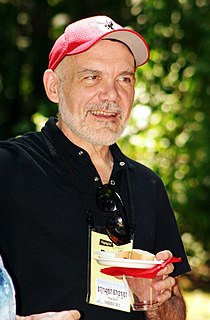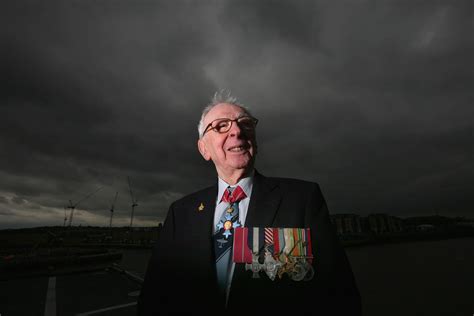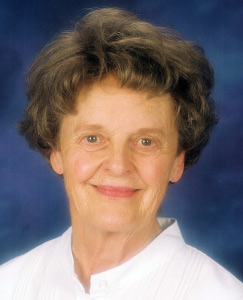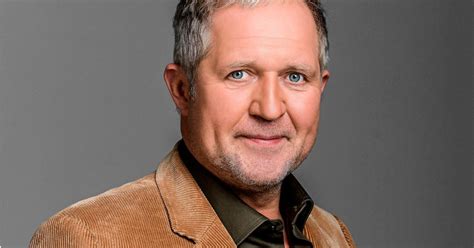Цитата Тома Бисселла
Думаю, я бы сказал, что большая часть того, что я узнал о рассказывании историй, взято из романов и рассказов. Я не могу думать о романе или рассказе, о романисте или писателе рассказов, который мыслит трехактной структурой.
Связанные цитаты
Рассказ имеет преимущество перед романом и может претендовать на более близкое родство с поэзией, потому что он должен быть более концентрированным, более дальновидным, а не отягощенным (как неизбежно должен быть роман) фактами, объяснениями. или анализ. Я не хочу сказать, что рассказ никоим образом не свободен от законов нарратива: он должен их соблюдать, но на своих условиях.
Я всегда любил короткие рассказы. Еще до того, как я стал писателем, я читал короткие рассказы — были некоторые писатели, от которых я просто чувствовал, что они могут сделать в коротком рассказе то, для чего многим писателям нужен целый роман, и это меня очень вдохновляло. Элис Манро, я так думал с самого начала. Грейс Палей.
Рассказ — это спринт, роман — это марафон. У спринтеров есть секунды, чтобы добраться отсюда туда, и тогда они финишируют. Марафонцы должны тщательно следить за собой, чтобы не исчерпать энергию (или, в случае романиста, - идеи), потому что им еще предстоит пробежать так далеко. Если смешать метафору, то написание рассказа похоже на короткий напряженный роман, тогда как написание романа похоже на долгий богатый брак.
Я решил сделать себя немного менее ценным, рассказывая истории. Я думаю, вы можете видеть из первых трех частей книги, что у меня давние отношения с рассказом как формой, и я действительно люблю элегантно созданный рассказ, в котором есть несколько элементов, которые объединяются таким образом, что они эмоционально сложны и эмоциональны. отличается от того, когда мы начали. Такая кристальная, совершенная, идеализированная вещь, которую стал представлять жанр рассказа.
































